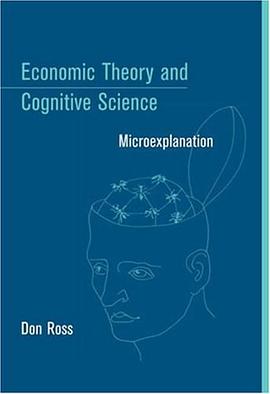In this study, Don Ross explores the relationship of economics to other branches of behavioral science, asking, in the course of his analysis, under what interpretation economics is a sound empirical science. The book explores the relationships between economic theory and the theoretical foundations of related disciplines that are relevant to the day-to-day work of economics -- the cognitive and behavioral sciences. It asks whether the increasingly sophisticated techniques of microeconomic analysis have revealed any deep empirical regularities -- whether technical improvement represents improvement in any other sense. Casting Daniel Dennett and Kenneth Binmore as its intellectual heroes, the book proposes a comprehensive model of economic theory that, Ross argues, does not supplant but recovers the core neoclassical insights and counters the caricaturish conception of neoclassicism so derided by advocates of behavioral or evolutionary economics.Because he approaches his topic from the viewpoint of the philosophy of science, Ross devotes one chapter to the philosophical theory and terminology on which his argument depends and another to related philosophical issues. Two chapters provide the theoretical background in economics, one covering developments in neoclassical microeconomics and the other treating behavioral and experimental economics and evolutionary game theory. The three chapters at the heart of the argument then apply theses from the philosophy of cognitive science to foundational problems for economic theory. In these chapters economists will find a genuinely new way of thinking about the implications of cognitive science for economics and cognitive scientists will find in economic behavior a new testing site for the explanations of cognitive science.

